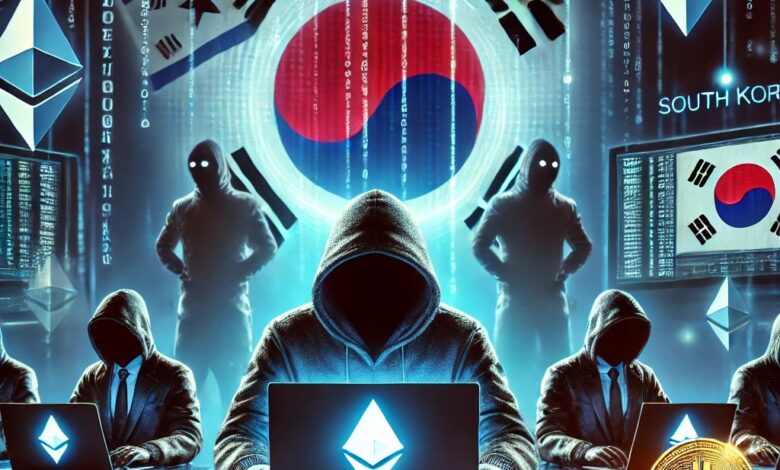
South Korea Targets North Korean Cybercriminals with Fresh Sanctions
In a decisive move to curb illicit cyber activities, South Korea has imposed sanctions on 15 North Korean individuals and one entity, all implicated in extensive cryptocurrency theft and cybercrimes. This action comes in response to escalating concerns over how North Korea leverages cyber operations to support its weapons programs and sidestep international penalties.
South Korean Government Cracks Down on North Korean Cyber Threats
On December 26, South Korea’s Ministry of Foreign Affairs announced that the sanctioned individuals are associated with Bureau 313, a branch of the Workers’ Party of Korea’s Machine-Building Industry Department. Since 2016, this department has been under United Nations Security Council sanctions due to its pivotal role in managing North Korea’s weapons manufacturing, including ballistic missile development. These operatives are often dispatched to nations such as China, Russia, Southeast Asia, and Africa to secure IT jobs under false identities.
These individuals are known to infiltrate IT networks, disrupt company operations, and engage in cryptocurrency theft. One notable case is Kim Cheol-min, who infiltrated IT firms in the US and Canada, funneling substantial foreign currency back to North Korea. The sanctioned entity is also involved in sending North Korean IT personnel abroad to illicitly generate funds for Pyongyang’s regime and its military endeavors.
Escalating Cyber Threats and Cryptocurrency Heists
The rationale behind these sanctions is clear. A recent report from blockchain analytics firm Chainalysis indicates that North Korean hackers amassed approximately $1.34 billion in cryptocurrency across 47 incidents in the preceding year. This staggering figure constitutes 61% of the global cryptocurrency theft in 2023, highlighting a significant rise in both the frequency and scale of these attacks.
The report reveals that these cyberattacks are meticulously orchestrated, with operatives employing sophisticated Tactics, Techniques, and Procedures (TTPs) to penetrate corporate networks and extract valuable digital assets. Many of these thefts are facilitated by North Korean IT workers embedded within global tech firms, including those in the crypto and Web3 sectors. These operatives often utilize false identities, third-party intermediaries, and remote work opportunities to gain unauthorized access to critical systems.
Once they infiltrate these systems, they manipulate networks, compromise security measures, and exfiltrate funds in the form of cryptocurrencies. These assets are then laundered through complex blockchain transactions to evade detection. While the sanctions are a crucial step, North Korea’s cyber capabilities will likely continue to pose a significant threat without coordinated international oversight and enhanced cybersecurity measures.
South Korea’s Commitment to Combatting Cybercrime
The South Korean government remains steadfast in its commitment to collaborate with the global community to thwart North Korea’s illegal cyber activities. The newly imposed sanctions will take effect from midnight on Monday, December 30, upon publication in the Official Gazette. Financial and foreign exchange transactions with the designated targets of this independent sanction will require prior approval from the Financial Services Commission or the Governor of the Bank of Korea.
By adopting these measures, South Korea aims to tighten the noose around North Korea’s cyber operations and disrupt the flow of illicit funds supporting its regime. The international community’s cooperation will be crucial in ensuring the effectiveness of these efforts and maintaining the integrity of global financial systems.
“`








